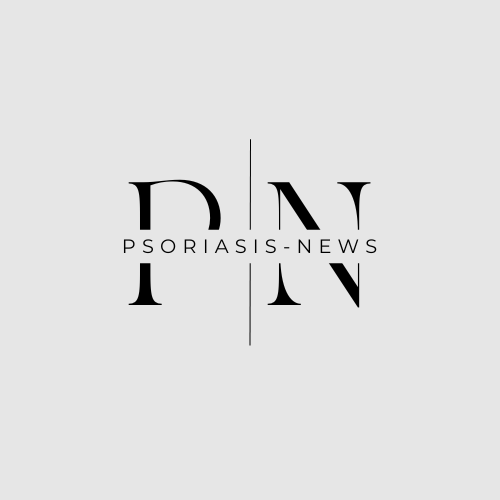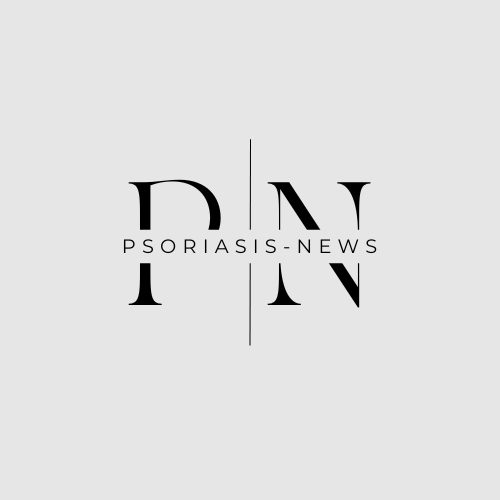Phenomics. 2023 Aug 21;4(1):46-50. doi: 10.1007/s43657-023-00110-4. eCollection 2024 Feb.
ABSTRACT
Commonly affected in early-life population, the impact of allergic phenotypes on mid- or late-life health is less discussed. This study is to explore the association of allergic phenotypes including atopic dermatitis (AD), asthma, eosinophils count (EC), and sarcopenia. We conducted observational studies and mendelian randomization (MR) analysis based on UK Biobank (UKB), the China Health and Retirement Longitudinal Study (CHARLS) and data from genome-wide association study (GWAS). Based on the UKB data, AD, asthma and EC were positively correlated with pre-sarcopenia and decreased skeletal muscle mass index and hand grip in fully adjusted model. Asthma and EC were significantly associated with sarcopenia while AD was marginally associated (p = 0.095). Based on the CHARLS cohort, asthma significantly added 109.4% risk for pre-sarcopenia in adjusted model (relative risk = 2.094; p = 0.002), respectively. Both asthma (β = 0.100, p = 0.006) and EC (β = 0.023, p = 0.017) exerted significantly casual effects on pre-sarcopenia. However, as for sarcopenia, merely EC exhibited a significantly casual effect (β = 0.005, p = 0.048). Significant casual effects of AD (β = - 0.027, p = 0.003), asthma (β = - 0.029, p = 0.027) and EC (β = - 0.041, p < 0.001) on decreased appendicular lean mass (ALM) were observed using the inverse-variance weighted method and the Mendelian randomization pleiotropy residual sum and outlier (MR-PRESSO) method. Our results revealed a contributory role of AD, asthma and EC on sarcopenia, especially in terms of decreased ALM, an indicator for sarcopenia diagnosis. The findings of our study will raise the awareness of preventing aging-related disorders or geriatric syndromes among allergic populations.
SUPPLEMENTARY INFORMATION: The online version contains supplementary material available at 10.1007/s43657-023-00110-4.
PMID:38605907 | PMC:PMC11003931 | DOI:10.1007/s43657-023-00110-4

